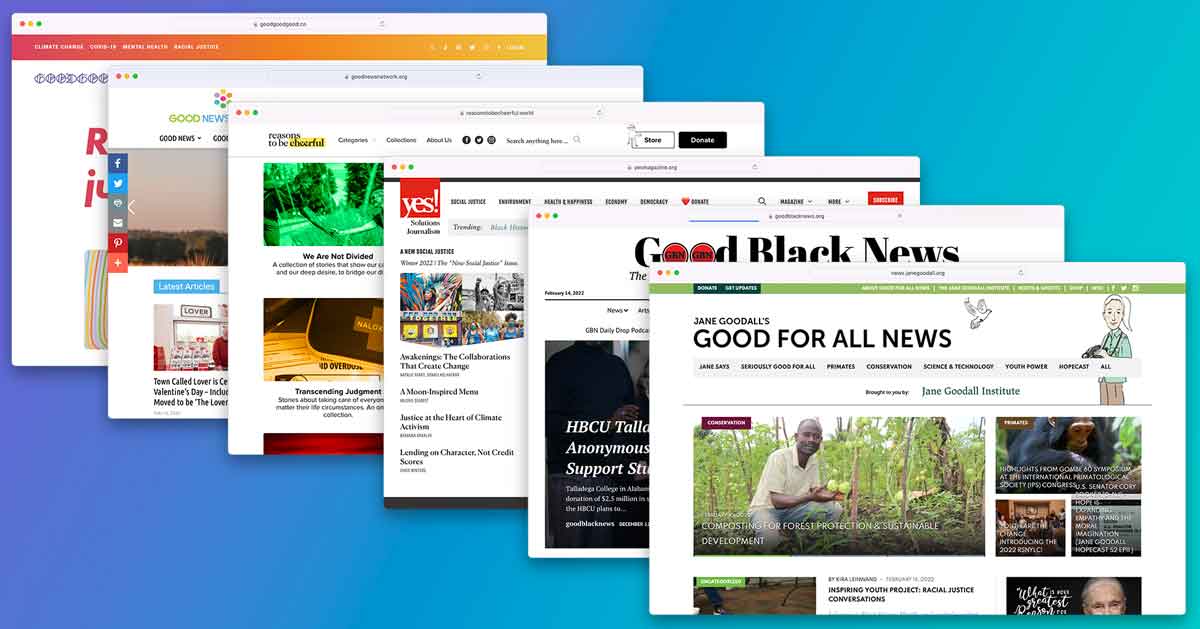
Understanding the Struggles of Refugiados y Solicitantes
The plight of refugees and asylum seekers, or refugiados y solicitantes Kif-Kif, encompasses a vast array of complex challenges and experiences. As individuals fleeing from conflict, persecution, or disaster, these individuals face an uphill battle in their quest for safety, stability, and acceptance in new societies. This article aims to delve into the various facets associated with the lives of refugees and asylum seekers, shedding light on their circumstances, rights, and the support systems available to them.
The Context: Who Are Refugees and Asylum Seekers?
Refugees are individuals who have been forced to flee their home country due to well-founded fears of persecution based on race, religion, nationality, membership in a particular social group, or political opinion. Asylum seekers, on the other hand, are those who have sought international protection but have not yet received formal refugee status. Understanding the legal definitions and the implications of these terms is crucial for grasping the situation faced by millions globally.
Current Statistics and Trends
As of 2023, the number of displaced persons worldwide has reached an alarming high, with approximately 26 million refugees and over 4 million asylum seekers. The ongoing crises in regions such as the Middle East, Africa, and Central America continue to drive these figures upwards. Notably, the Syrian Civil War and political unrest in countries like Afghanistan and Venezuela have contributed significantly to this humanitarian crisis, highlighting the urgent need for global attention and solutions.
The Challenges Faced by Refugees and Asylum Seekers
Refugees and asylum seekers encounter a multitude of challenges when trying to rebuild their lives. These include:
- Legal Barriers: Navigating the legal systems in host countries can be daunting. Many face lengthy processes that can take years, during which they may live in limbo.
- Bureaucratic Obstacles: Complicated paperwork, language barriers, and lack of access to legal assistance often hinder their ability to secure their rights.
- Social Stigma: Refugees often face discrimination and xenophobia in their new communities, making integration difficult and stressful.
- Economic Hardships: Limited access to employment opportunities can lead to economic instability, pushing many into precarious living conditions.
- Emotional and Psychological Strain: The trauma of displacement and the experiences endured in their home countries can result in mental health issues, which are frequently exacerbated by the stresses of resettlement.
Rights of Refugees and Asylum Seekers
International law affirms the rights of refugees and asylum seekers through agreements such as the 1951 Refugee Convention and its 1967 Protocol. Key rights include:
- The right to seek asylum from persecution.
- The right to access legal representation.
- The right to work and support themselves.
- The right to protection from refoulement, or being returned to a country where they face threats.

However, the enforcement of these rights varies dramatically by country, and many refugees find themselves at the mercy of local laws and practices.
Support Systems for Refugees and Asylum Seekers
Despite the myriad challenges they face, various support systems exist aimed at assisting refugees and asylum seekers:
- Non-Profit Organizations: Many NGOs provide essential services, including legal aid, counseling, and vocational training.
- Government Programs: Some countries have established programs to offer housing, education, and healthcare to help refugees integrate into society.
- Community Support Groups: Local communities often play a crucial role in supporting newcomers through volunteering, mentorship, and social networks.
Successful Integration: A Two-Way Street
Integration is a shared responsibility that requires effort from both refugees and host communities. Successful integration involves:
- Cultural Exchange: Opportunities for cultural exchange help foster understanding and acceptance.
- Language Programs: Ensuring refugees have access to language education can significantly enhance their ability to navigate their new environment.
- Economic Inclusion: Providing refugees with opportunities to participate in the workforce not only aids their economic stability but also enriches host communities.
Building inclusive societies benefits everyone, making it essential for all parties to play an active role in the integration process.
Advocacy and the Role of Governments
Advocacy for the rights of refugees and asylum seekers is vital. Governments, international organizations, and civil society must work together to promote humane policies and practices. Advocacy efforts can take many forms, including:
- Lobbying for legal reforms that enhance rights and protections.
- Engaging in public awareness campaigns to combat stereotypes and xenophobia.
- Facilitating dialogue between refugees and host communities to create mutual understanding.
Conclusion: A Call to Action
The journey of refugiados y solicitantes is marked by hardship, resilience, and hope. As global citizens, it is our responsibility to advocate for and support those seeking safety and a chance at a better life. By fostering understanding, providing assistance, and promoting inclusive policies, we can help transform the narrative surrounding refugees and asylum seekers, ensuring that they receive the dignity, respect, and opportunities they deserve.

Comentarios recientes